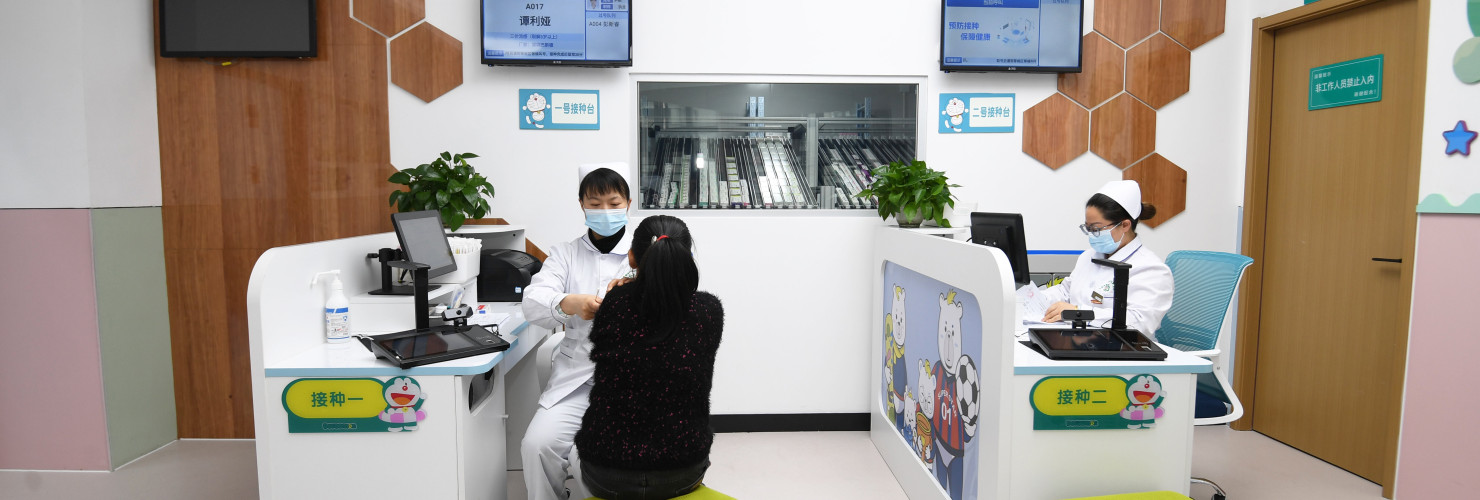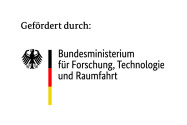

Newly approved homegrown HPV vaccine closes gap with the US
China’s National Medical Products Administration (NMPA) in June approved a new human papillomavirus (HPV) vaccine, Cecolin 9, that is almost as effective as Gardasil, the top global product. This makes China the second country after the US to become self-reliant in HPV vaccine capabilities, Xinhua says, praising this as a step forward in China’s healthcare technology. With China increasingly offering similar products at cheaper prices and the government’s clear support of domestic manufacturers, Western pharma companies who had relied on the expanding Chinese market are being increasingly sidelined.
China already produces 95 percent of the vaccines that are part of its National Immunization Program (NIP), and it can produce haemophilus influenza type b (by Zhifei Biologics), rotavirus (by Sinopharm) and most other childhood vaccines that the WHO recommends China add to its program. Although no additions have been made since 2008, HPV would be the first in line, said Shen Hongbing, vice director of China’s National Health Commission in April.
Following the Action Plan to Eliminate Cervical Cancer (2023-2030), 16 out of China’s 32 provincial-level divisions have launched campaigns that offer domestically developed HPV vaccinations at no or highly reduced costs. Patients in the other half of the country still pay out of their pocket. The campaigns sponsored domestic vaccines to support local companies. Although these vaccines were much more affordable than Gardasil, they also offered protection against only two of the 13-18 strains of HPV that are linked to cancer. China’s new nine-valent vaccine paves the way for adding a domestically developed world-class vaccine to its national immunization program.
Such a step would be extra bitter for German multinational Merck. The company has seen the Chinese market for Gardasil decline since 2023, when it made Merck the top-selling foreign drugmaker in China, bringing in USD 8.9 billion in revenue. However, in 2024 sales halved, and in 2025 shipments have been canceled because warehouses are still full. Gardasil represents about 7 percent of Merck’s global revenue. The company also faces growing Chinese competition over its much more profitable anti-cancer drug Keytruda.
Cecolin 9 shows how China promotes co-innovation between companies, universities and public research labs. The research traces back to 2007, when the private firm Wantai Biopharm and Xiamen University joined a national science and technology megaproject on new medicine. In 2020, Xiamen University and the Fujian provincial government set up Xiang An Biomedicine Laboratory, and Wantai Biopharm launched on the Shanghai Stock Exchange. The latter estimates to have spent about a billion CNY (USD 150 million) on Cecolin’s R&D, whereas Merck spent USD 1 billion on developing Gardasil.
Jeroen Groenewegen-Lau, Head of Program Science, Technology, Innovation Politics: “China has become a very difficult market for Western pharma firms. Successful products like Gardasil are increasingly challenged by Chinese alternatives that meet the same quality at a much lower price.”

